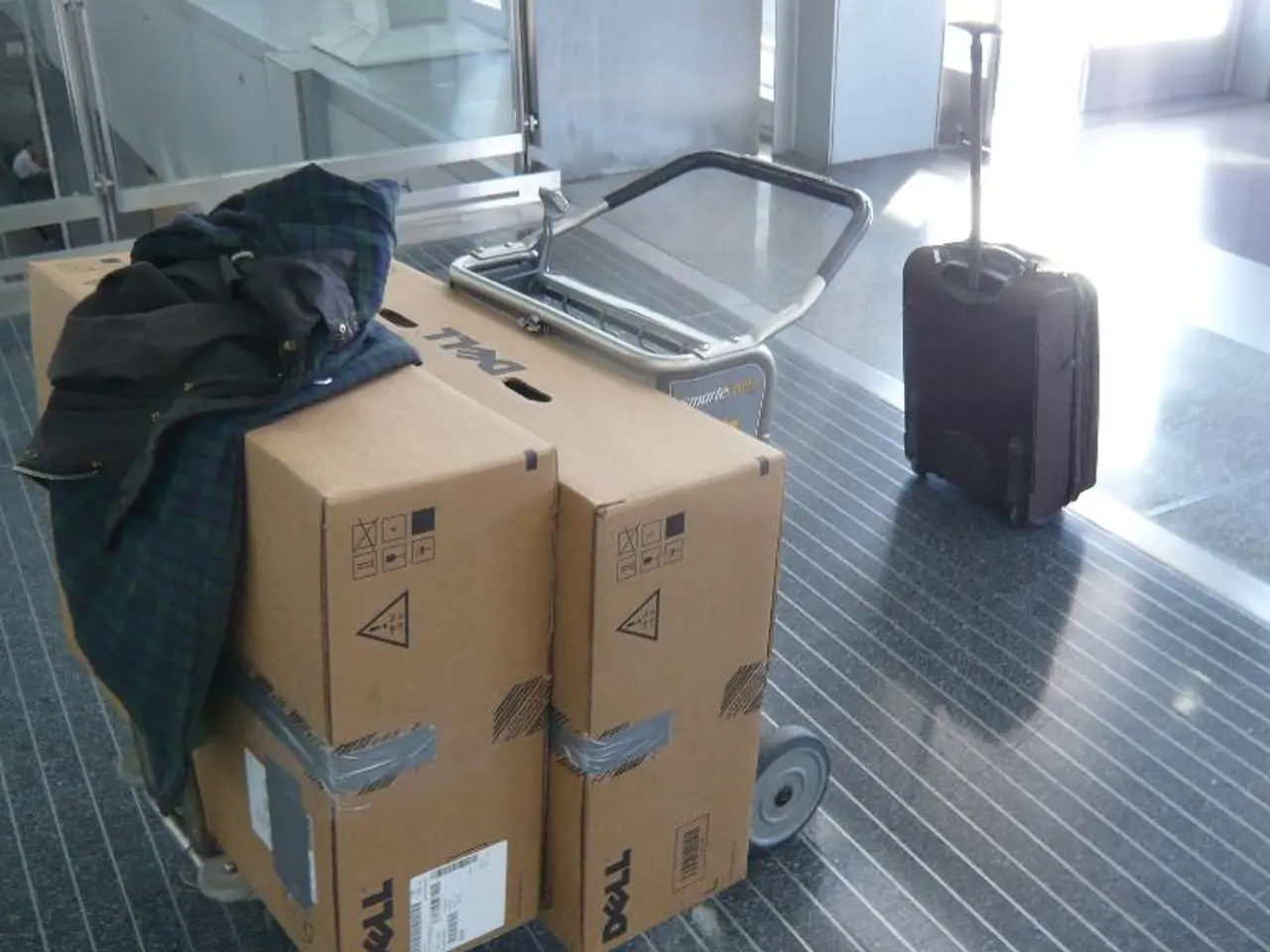Overcoming International Trade Barriers in 2025 (Tariffs Aren't the Only Issue to Consider)
In the rapidly evolving world of international trade, businesses are facing a multitude of challenges, from complying with emerging ESG requirements to dealing with tariff uncertainties and trade policy unpredictability. One such challenge is navigating a regulatory maze that includes the Uyghur Forced Labor Prevention Act (UFLPA), the European Union's Forced Labor Regulation (FLR) and Corporate Sustainability Responsibility Directive (CSRD), among others.
For mid-size to large organizations, ESG compliance is a significant hurdle, with 44%-47% viewing it as their number one international trade challenge. In response to this growing complexity and volatility, Jackson, Director of Industry Strategy for Descartes' Global Trade Intelligence business unit, is working to develop and deliver solutions that help businesses adapt.
Descartes' top strategies for mitigating tariff uncertainty and policy unpredictability focus on proactive data-driven risk management and flexible supply chain adaptations.
- Modeling tariff impacts: Businesses should simulate the effects of current and emerging tariffs, such as the recent US reciprocal duties on over 60 countries and India-specific tariffs, to anticipate changes and plan accordingly. This includes considering the expiration of trade agreements like the US-China tariff truce.
- Monitoring logistics indicators: Keeping track of port volumes and delays helps assess risks of trade disruptions due to infrastructure strain or geopolitical crises. This facilitates timely operational adjustments.
- Tracking geopolitical events and sanctions: Continuous assessment of conflicts and sanction lists informs risk exposure and compliance, enabling companies to avoid restricted partners and adapt sourcing strategies.
- Utilizing advanced trade data analytics: Leveraging comprehensive multinational trade data allows businesses to trace supply chains, identify new sourcing options, and validate suppliers to reduce dependency on volatile markets.
- Expanding and diversifying manufacturing footprint: Reducing reliance on a single country by shifting production to multiple regions improves supply chain resilience against tariff shocks and export controls.
- Developing agile procurement strategies: Flexibility in procurement helps businesses respond quickly to tariff changes and supply disruptions, maintaining operational continuity amidst complex trade landscapes.
By adopting these strategies, businesses can adapt better by building supply chain resilience through strategic planning, compliance, and technology. Focusing on operational flexibility, responsiveness, and agility, supported by timely trade intelligence insights and trade compliance technology, will help logistics and supply chain leaders navigate global trade challenges.
In a world where no safe harbor exists for American importers due to the current administration's tariffs and trade barriers, these strategies offer a beacon of hope for businesses seeking to thrive in the complex global trade environment.
[1] Descartes Systems Group. (n.d.). Mitigating Tariff Uncertainty & Trade Policy Unpredictability in a Complex Global Trade Environment. Retrieved from https://www.descartes.com/resources/whitepapers/mitigating-tariff-uncertainty-trade-policy-unpredictability-complex-global-trade-environment
[3] Descartes Systems Group. (n.d.). Navigating Global Trade Complexities: The Role of Technology in Trade Compliance. Retrieved from https://www.descartes.com/resources/whitepapers/navigating-global-trade-complexities-role-technology-trade-compliance
[5] Descartes Systems Group. (n.d.). The Future of Global Trade: Adapting to a New Landscape. Retrieved from https://www.descartes.com/resources/whitepapers/future-global-trade-adapting-new-landscape
- To address the challenges in global trade, businesses are increasingly looking towards solutions that enable proactive management of tariff uncertainties, such as the ones provided by Descartes' Global Trade Intelligence business unit.
- By simulation of tariff impacts, monitoring logistics indicators, tracking geopolitical events and sanctions, utilizing advanced trade data analytics, expanding and diversifying manufacturing footprint, and developing agile procurement strategies, businesses can enhance their supply chain resilience.
- Jackson, the Director of Industry Strategy for Descartes' Global Trade Intelligence business unit, advocates these strategies to help businesses adapt and navigate the complexities of the global trade environment.
- Despite the numerous trade challenges, including tariffs, logistics issues, and regulatory complexities, finance and digital twins technologies are playing an increasingly significant role in shaping the future of the industry, as businesses continue to seek efficiency, flexibility, and agility in their supply chains.




